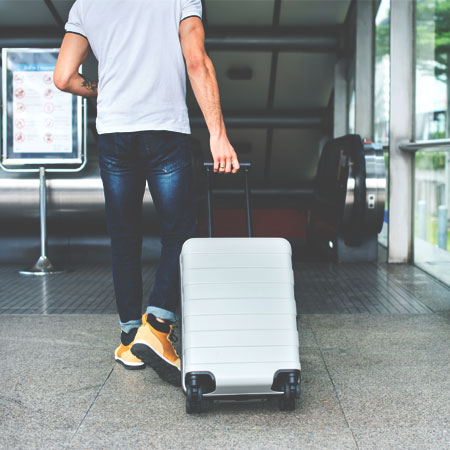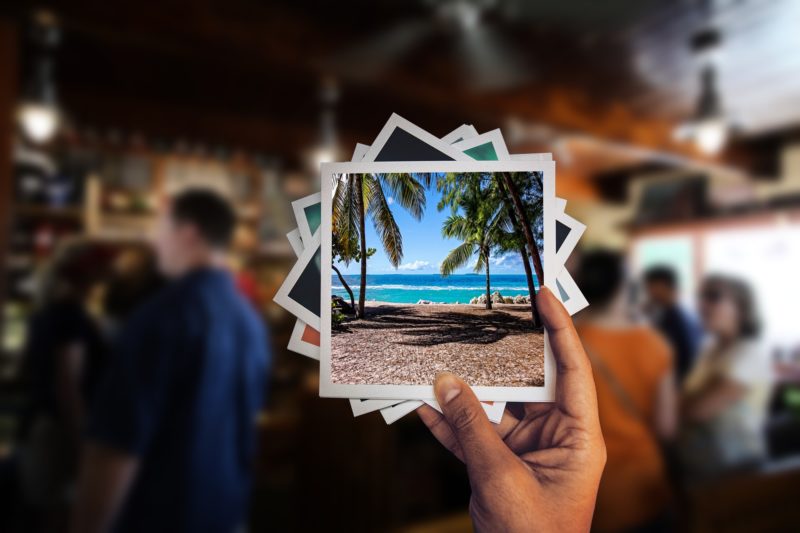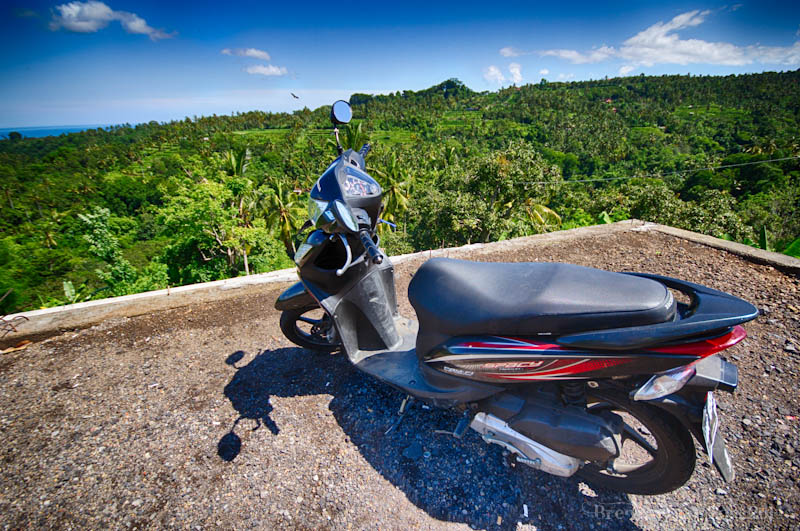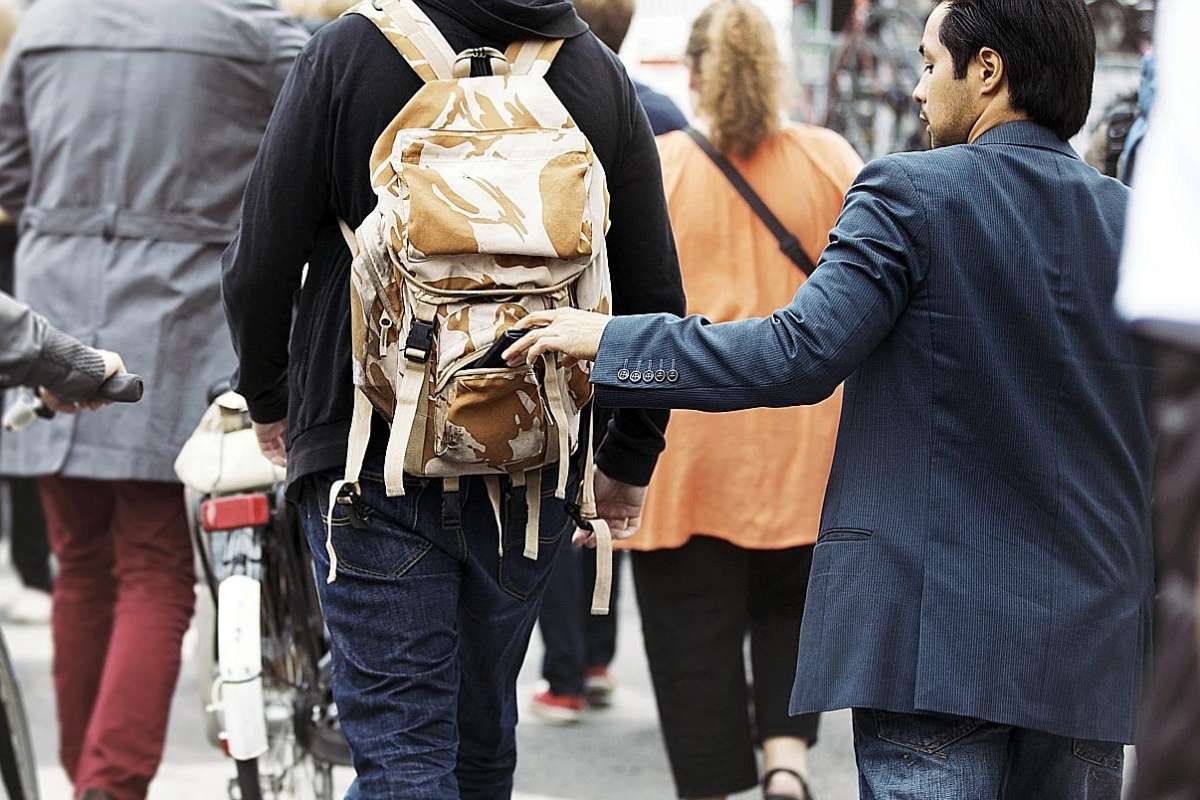
Many travel to relieve stress. For example, you may be feeling the stress of having to complete many tasks for college or university. In these cases, services like essayshark.com can help you. However, there are people for whom the trip itself causes stress. Traveler’s stress is caused by worrying that the trip may not be safe.
12 Travel Safety Tips to Keep in Mind

travellingking.com
The world is not dangerous. There are, of course, gloomy places and people, even in your hometown, but they are few. If you follow the travel safety tips below, you will likely not get into trouble while traveling.
1. Do not store money in one place.
In a normal situation, you probably keep all your credit cards in one wallet, right? When you travel, do not do this. Keep at least one source of money away from others. Maybe it would be better to keep it with a person who travels with you. If you lose all your credit cards, your visit to Timbuktu may not be so exciting.
2. Do not store your wallet in the back pocket of your jeans.
In order not to fall prey to a pickpocket, keep your wallet in the front pocket, and it is better to fasten it with a zipper. The ideal option is the inside pocket of a jacket. In addition, avoid all kinds of hip bags—they are also unsafe, because there is no better way to tell everyone that you have money with you. And the period when wearing such apparel was cool has long passed.
3. Make scanned copies of key documents.
Make scans of the main documents (passport, insurance, etc.) and send them to yourself electronically. It used to be paper copies, but that was long ago. Now, in the era of digital technology, there is a better way that will help you out even if your documents and your bags disappear.
4. Do not trust strangers.

Tripatlas
Of course, sometimes without their help, it is impossible to find the right path, but there are reasonable limits you should not go beyond if you want to maintain your safe travels. It is reckless to take a new person with you in dubious alleys, to exchange money, or to drink or eat something that is not consumed by the stranger as well.
5. Take care of your insurance.
This is mainly about protecting your health if you suddenly get sick or get injured. The sad experience of neglectful tourists shows that even a minimal sickness of health can be seriously expensive—don’t mess with that.
6. Get vaccinated to have a safe trip.
Before the trip, take all the vaccinations necessary for the country of destination, and ask the doctor what precautions you should follow when traveling. This primarily concerns exotic destinations.
7. Avoid PWD.
This refers to public wealth demonstration. Since you are going abroad, displaying the fact that you have money—such as by wearing gold jewelry or a camera worth thousands of dollars—is strongly discouraged. Otherwise, you risk becoming a target for thieves. Leave your jewelry at home and hide the camera in a case whenever you are not using it.
8. Some things can only be done in the land of the living.

brendansadventures.com
This may not seem worthy of attention, but learning to ride a motorcycle or car abroad is not very reasonable. In Thailand, for example, 38 people a day die only in accidents with a scooter! And what about all kinds of injuries? There are hundreds of them. By the way, not all insurance companies compensate for the cost of treatment in cases with such vehicles.
9. Check the qualifications of the instructors.
If you are a brave person and dare to take a special course, for example, diving or bungee jumping, do not be too lazy to make sure that your trainers really have the proper qualifications. For example, ask to see the corresponding certificate or license. Often the low costs of a service have a well-defined rationale.
10. Do not leave things unattended in public places.
This is one of the most obvious tips for traveling, but people always make this mistake. Very often, imprudent tourists put their things near their feet and hang them on the back of a chair. You should either hold the bag on your lap or wrap its strap around your leg.
11. Do not resist robbers.
There is a simple rule that is impossible for many to follow: if you are attacked by robbers, just give them what they require. This should not be a big problem if you have insurance and you have left all your irreplaceable things (for example, a family heirloom in the form of a necklace of your deceased grandmother) at home. Just give them what they want and go away; stay safe and sound.
12. Do not give alms.

straitstimes.com
The exception is only with begging monks. In general, do not give money to people on the street. Besides the fact that your wallet can be stolen, stimulating begging is not the most effective way of investing. If you want to help the afflicted ones, do some charity work at your destination for free. Also, you can either donate money to the homeless shelter there, or lend some amount of money through a charity organization.
Watch the video below